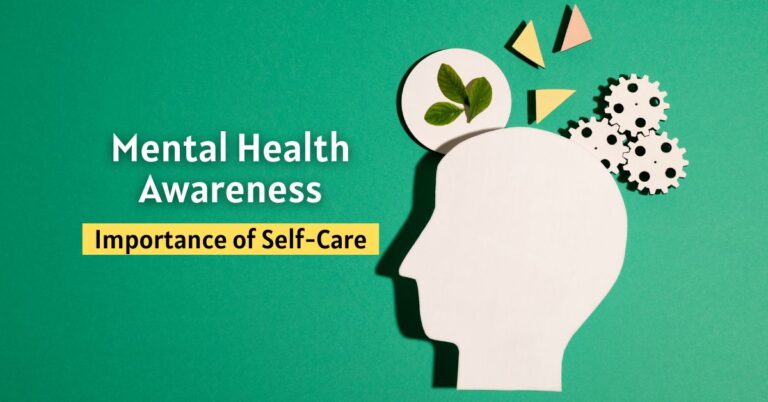Red Flags in Relationships: Catching Them Before They Worsen
In the journey of love, it’s not just the rosy moments that matter. Recognizing and addressing red flags in relationships is crucial for ensuring a healthy and fulfilling partnership. Red flags are early warning signs that indicate potential issues down the road. In this article, we’ll delve into the world of relationship red flags, exploring their significance, common types, consequences of ignoring them, and most importantly, how to catch and address these red flags before they worsen.
What Are Relationship Red Flags?
Relationship red flags are the subtle or not-so-subtle signals that something might be a miss in your partnership. They can range from communication breakdowns and trust issues to controlling behavior and emotional manipulation. These indicators serve as caution signs, urging you to take a closer look and address underlying concerns before they escalate.
Common Types of Red Flags
- Communication Issues: Lack of open and honest communication, misunderstandings, or avoidance of important discussions.
- Jealousy and Possessiveness: Excessive jealousy, isolation from loved ones, and controlling behavior.
- Disrespect and Disregard: Using disrespectful language, belittling remarks, or not valuing each other’s opinions.
- Lack of Trust: Constant suspicion, secrecy, and accusations without evidence.
- Unresolved Conflict: Frequent arguments, inability to find resolutions, or avoidance of crucial issues.
- Emotional Manipulation: Employing guilt, emotional outbursts, or threats to control your partner.
- Physical or Verbal Abuse: Any form of physical harm, aggression, or verbal insults.
- Mismatched Values: Fundamental differences in morals, goals, or values.
- Neglect and Indifference: Ignoring emotional needs, lack of affection, or emotional support.
- Lack of Personal Space: Intruding into each other’s privacy and personal boundaries.
- Financial Disagreements: Not being transparent about financial matters or differing financial priorities.
- Addiction and Substance Abuse: Struggling with substance abuse that affects the relationship.
- Incompatibility: Differences in interests, lifestyles, or long-term objectives.
- Dishonesty: Lying, deceit, or withholding important information.
- Reluctance to Compromise: Unwillingness to meet halfway or make sacrifices.
Read This Post Also- Signs Of A Healthy Relationship: 5 Key Indicators
The Consequences of Ignoring Red Flags
Turning a blind eye to red flags can have severe consequences for both partners and the relationship as a whole:
- Escalation of Issues: Ignored red flags can grow into more significant problems over time.
- Emotional Toll: Unresolved issues can lead to emotional distress, affecting mental well-being.
- Erosion of Trust: Continual neglect of red flags erodes trust and intimacy in the relationship.
- Long-Term Impact: Unaddressed problems can shape the course of the relationship and even lead to its demise.
Recognizing Red Flags Early
Detecting red flags early on can save your relationship from unnecessary hardship. Here’s how to develop a keen eye for these warning signs:
- Trust Your Gut: Pay attention to your feelings and instincts when something feels off.
- Objective Observation: Step back and objectively evaluate your partner’s behavior and actions.
- Seek Perspective: Consult trusted friends or family members for an outside perspective.
- Reflect on Patterns: Recognize recurring negative behaviors that may indicate a red flag.
Effective Communication
Open and honest communication is key when addressing red flags in relationships. Here’s how to approach difficult conversations:
- Use “I” Statements: Express concerns using “I” statements to avoid sounding accusatory.
- Choose the Right Time: Find a suitable time to discuss concerns without distractions.
- Active Listening: Listen attentively to your partner’s perspective without interrupting.
- Stay Calm: Keep emotions in check and avoid escalating the situation with anger.
Taking Action: Addressing Red Flags
Addressing red flags involves proactive steps to resolve issues and restore the relationship’s health:
- Initiate Conversations: Open a dialogue about the specific red flag, expressing your feelings and concerns.
- Share Your Perspective: Clearly explain how the behavior is affecting you and the relationship.
- Encourage Their Perspective: Allow your partner to share their viewpoint without interruptions.
- Seek Solutions: Collaboratively brainstorm potential solutions or compromises to address the issue.
- Set Boundaries: Establish clear boundaries for behavior that is unacceptable or harmful.
- Monitor Progress: Keep an eye on whether changes are being implemented and maintained.
Read This Post Also- Why Relationships Fail: 5 Surprising Facts
Seeking Professional Help
If red flags persist despite your efforts, seeking professional help can be a wise choice:
- Counselors or therapists can provide unbiased guidance and mediation.
- Seeking help is a sign of strength, indicating your commitment to the relationship’s well-being.
Real-Life Stories
One couple, Lisa and Alex, were faced with jealousy and communication issues. By acknowledging these red flags early and seeking counseling, they managed to improve their relationship significantly. Another couple, Sarah and Michael, ignored signs of disrespect until it escalated into emotional abuse. Their experience underscores the importance of addressing red flags promptly.
Building Healthy Relationships
Recognizing red flags isn’t just about avoiding problems; it’s about building a foundation for a healthy relationship:
- Embrace Self-Growth: Both partners should prioritize personal growth and self-awareness.
- Nurture Mutual Respect: Show respect for each other’s opinions, feelings, and boundaries.
- Maintain Openness: Continue open communication to prevent issues from resurfacing.
Conclusion
In the journey of love, vigilance is key. Recognizing and addressing red flags in relationships can save you from a world of heartache. Remember, it’s not about perfection but about growth and understanding. By catching red flags early, you’re investing in a partnership that has the potential to flourish and thrive. Prioritize your emotional well-being and the health of your relationship – take action when needed and never underestimate the power of a healthy, loving bond.






